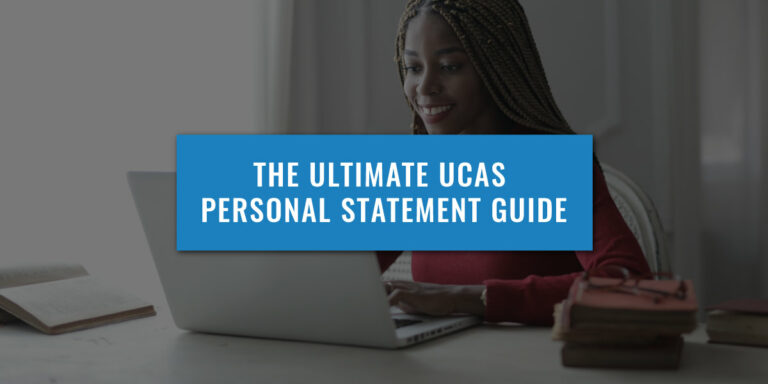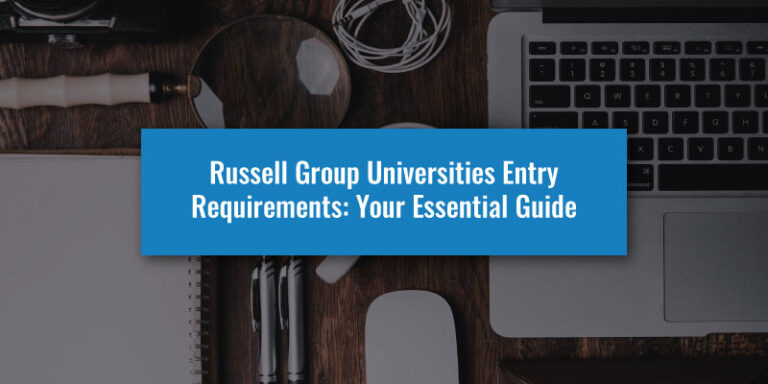Cambridge Law entry requirements are high, but this is to be expected for a university of Cambridge’s calibre.
In this article, we’ll go through the entry requirements for Law at Cambridge. The degree sees extremely high competition, with less than 20% of applicants achieving a place on the course. There are typically 230 – 260 total places available across all colleges with nearly 1,600 students applying each year.
To set yourself apart from this huge number of candidates, applicants need to go above and beyond the Cambridge Law entry requirements. Let’s go through what you need to achieve, starting with a quick overview of the requirements:
| Academic Requirements | A-levels: | A*AA |
| IB: | 40-42 points, with 776 at Higher Level | |
| Advanced Highers: | Offers usually require AAA at Advanced Higher Grade | |
| Personal Statement | UCAS | |
| Admissions Test | LNAT | |
| Interviews | Panel Style |
Cambridge law entry requirements: the grades
- The typical A-level grades for Cambridge Law are A*AA. This can vary slightly for some applicants, but this is very rare and the decision is made on an individual basis.
- The exception to this is for applicants applying to Sidney Sussex College, which instead requires A*A*A.
- The equivalent of this offer for IB is 41 to 42 points, with 776 at Higher Level.
For a more extensive list of different qualification types beyond these common UK ones, the University of Cambridge’s website is the best place to look. If you can’t find the information you’re looking for there, then it’s worth emailing the Cambridge admissions department with your specific question.

Cambridge Law Entry Requirements: GCSE Grades
The University states that while they have no specific GCSE requirements, they are definitely looked at as a performance indicator. Successful applicants tend to have high grades in the subjects relevant to the subject they wish to study. Similar to A-levels, these could be essay writing subjects. Note here that, according to Cambridge Law entry requirements, GCSE or A-level Law is not required or considered to give an advantage to those studying Law at undergraduate level.
Students tend to have 7+ grades from 7 to 9 (the former As and A*s), although GCSE grades do not form part of the Cambridge Law entry requirements in a strict sense. They are still considered though, especially when differentiating two very similar candidates.
Hoping to get your dream offer from Cambridge Law School?
We help you craft the perfect Cambridge Law Personal Statement, achieve a highly competitive LNAT score and teach you how to Interview effectively – covering all areas of your Cambridge University application.
Discover our Oxbridge Law Full-Blue Programme by clicking the button below to enrol and triple your chances of success.
Cambridge law entry requirements: the subjects
For Cambridge Law, most college’s entry requirements do not state that any particular subjects are necessary to study at A-level or the equivalent.
You should note, however, that while the Law faculty does point out that an essay writing subject is particularly useful, they still consider students who have not taken one of these as an option in their sixth-form qualifications.
If you are serious about studying Law, then we’d highly recommend you take an essay writing subject as it will only be beneficial for your future.
Cambridge law entry requirements: Personal Statement
The Personal Statement is something that is required by all universities for every course, but that doesn’t mean that this process isn’t a bit more difficult when applying to Cambridge.
Due to the amount of competition, you’re going to need to ensure that your Personal Statement stands out from the crowd. There are multiple ways of doing this, be it through eloquent writing, colourful language or unique experiences and perspectives.
One of the best ways to improve your Personal Statement is to undertake some form of relevant work experience. While law-related work experience can be difficult to find, there are various options available. Various legal firms, both small and large, offer placements to applicants, so take a look around and apply to any that would benefit your application.
Cambridge law entry requirements: LNAT
Another big part of Cambridge Law entry requirements is the Admissions Test, which was previously the Cambridge Law Test (CLT). However, Cambridge has since reverted back to using the LNAT, which is the most widely used admissions test of its type in the UK. The faculty stresses that this test is not considered in isolation. Rather it forms part of your wider application.
If you are a mature student applying to a mature college, you should note that the Cambridge Law entry requirements differ slightly for mature students, and mature candidates should contact the college they wish to apply to for more information on procedures.
If you are struggling with your LNAT preparation, you may want to consider seeking additional support via resources, tuition or courses. If you want a package that contains all three of these elements, learn how you can enrol in our specialised LNAT Tuition Programme. This programme grants you access to top-scoring tutors, expert resources and comprehensive courses.
Cambridge law entry requirements: Submitted work
Submitted work is only a requirement for a few colleges. These colleges are Pembroke and St Edmund’s. They usually ask for two examples of written work prior to the interview. These will typically be essays from school or college.
Cambridge admissions tutors look for an indication of a student’s willingness to argue logically whilst remaining open-minded to new ideas. Students need to be self-disciplined and highly motivated with the desire and potential to go beyond what they have learnt.
Cambridge law entry requirements: Interview
While not all law schools require you to take part in an interview, Cambridge certainly does – most likely more than one! These interviews are run by the colleges you have applied to and are the final hurdle between you and your offer.
These interviews take place in a traditional panel format, meaning you’ll be speaking to two or three admissions tutors and professionals in a question-and-answer format. You can expect to get a wide variety of questions, ranging from personal questions to questions about your personal statement and legal knowledge or scenario questions.
While it’s important to brush up on your legal terminology and keep up to date with current events, you won’t need to have an extensive knowledge of the legal system to do well in these interviews. You aren’t expected to provide perfect answers as they simply want to see how you think about questions and how you articulate your response.
Conclusion
These are all of the major challenges that you will need to overcome in order to get your place at Cambridge. While it may seem overwhelming at first, you can help yourself get through it all by giving yourself plenty of time to prepare and take it one step at a time.
You should always aim to start early and complete things way before the final deadline so that you don’t become overcome with stress or risk submitting something late. When it comes to preparing for the LNAT and Interviews, you should give yourself at least 3 months to make slower by more effective progress in perfecting your skills.
Continue your preparation now by checking out our other free guides about the Law application process, so discover how you can triple your chances of success with UniAdmissions’ Oxbridge Law Full-Blue Programme today.
Beat all of the Cambridge Law Entry Requirements with support from UniAdmissions.
We help you craft the perfect Cambridge Law Personal Statement, achieve a highly competitive LNAT score and teach you how to Interview effectively – covering all areas of your Cambridge University application.
Discover our Oxbridge Law Full-Blue Programme by clicking the button below to enrol and triple your chances of success.






